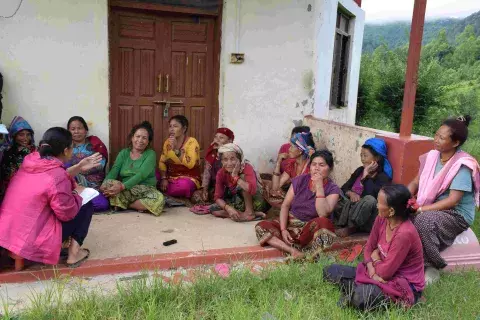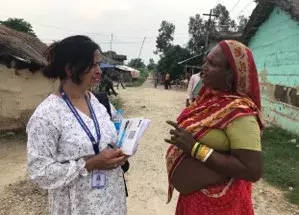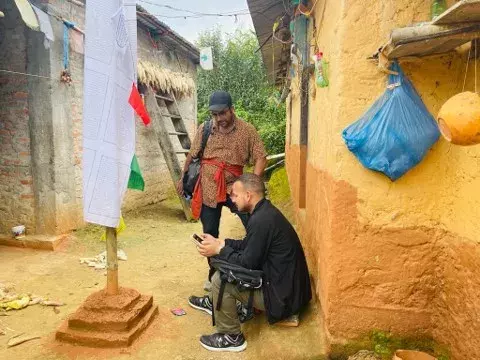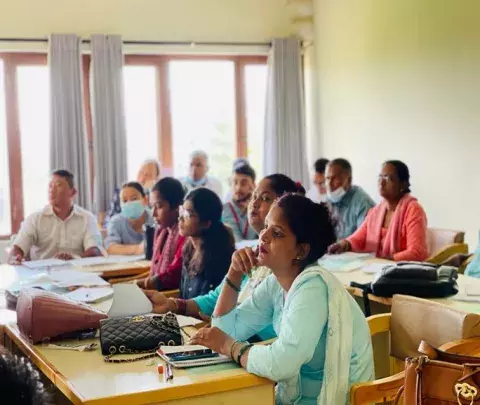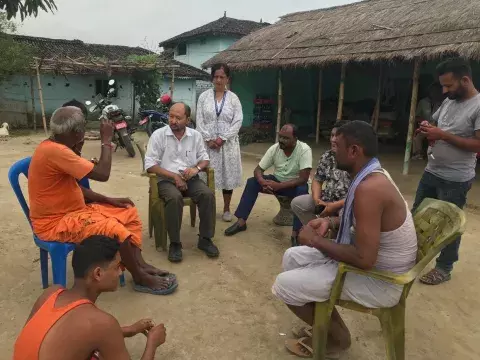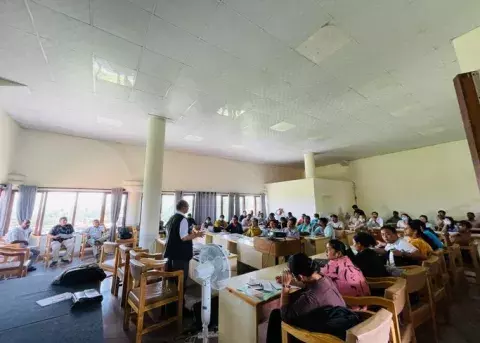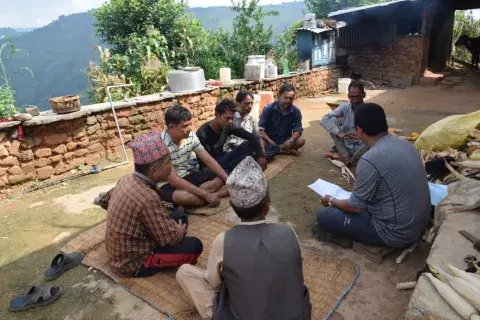Error message
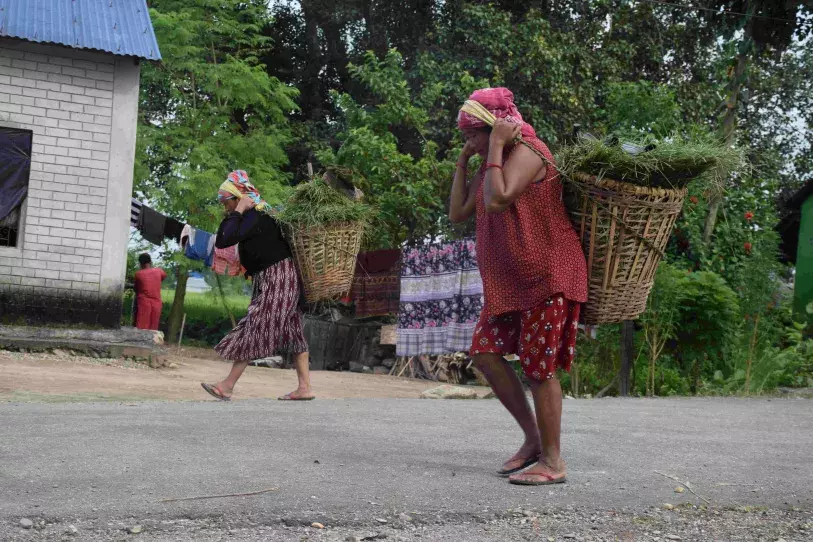
OFFICE/DEPARTMENT
The State of Social Inclusion in Nepal: A Study of Time Allocation (SOSIN-SOTA) project is an initiative to measure social inclusion and gender equality through time allocation in Nepal. In line with the country's 2015 Constitution and existing Gender Equality and Social Inclusion (GESI) strategies, the project seeks to understand women's and men's participation in economic, social, and cultural life—an essential element of social inclusion and well-being.
The project aims to provide evidence-based policy recommendations to foster gender equality and social inclusion. A notable gap identified is the absence of a robust system for generating disaggregated time-use statistics and systematic analysis of time use data. The project addresses this gap by generating empirical data and analysis on time allocation, focusing on caste, ethnicity, and gender. Quantitative findings are complemented by a qualitative study, exploring aspects not captured quantitatively, such as prevailing norms, power relations, household division of labor, work intensity, and the impact of COVID-19. By examining how individuals allocate their time, the study aims to contribute valuable insights to inform policies for a more inclusive and equitable society.
Project Team
Dr. Phanwin Yokying, Fellow, East-West Center
Dr. Mukta Lama Tamang, Lecturer, Tribhuvan University
The State of Social Inclusion in Nepal: A Study of Time Allocation (SOSIN-SOTA) project is an initiative to measure social inclusion and gender equality through time allocation in Nepal. In line with the country's 2015 Constitution and existing Gender Equality and Social Inclusion (GESI) strategies, the project seeks to understand women's and men's participation in economic, social, and cultural life—an essential element of social inclusion and well-being.
The project aims to provide evidence-based policy recommendations to foster gender equality and social inclusion. A notable gap identified is the absence of a robust system for generating disaggregated time-use statistics and systematic analysis of time use data. The project addresses this gap by generating empirical data and analysis on time allocation, focusing on caste, ethnicity, and gender. Quantitative findings are complemented by a qualitative study, exploring aspects not captured quantitatively, such as prevailing norms, power relations, household division of labor, work intensity, and the impact of COVID-19. By examining how individuals allocate their time, the study aims to contribute valuable insights to inform policies for a more inclusive and equitable society.
Project Team
Dr. Phanwin Yokying, Fellow, East-West Center
Dr. Mukta Lama Tamang, Lecturer, Tribhuvan University


